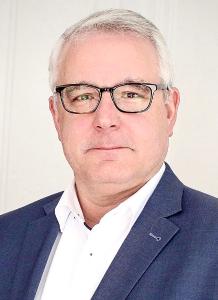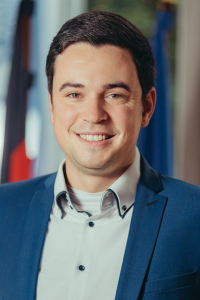Event
Details
Bosnia and Herzegovina has been an official candidate for NATO membership since 2010 and, as part of the six coun- tries of the Western Balkans, a potential candidate for membership of the European Union (application submitted in 2016). After the disintegration of Yugoslavia and the associated wars, in which the worst crimes were committed, es- pecially in Bosnia, the Dayton Agreement ended the war and brought about a unified but at the same time highly decentralised state. In its current form, it consists of the Federation of Bosnia and Herzegovina, which is populated by a majority of Bosniaks and Bosnian Croats, the Republika Srpska, in which a majority of Bosnian Serbs live, and the Special Administrative Region of Brčko. To accommodate the three peoples, a political system was designed which scholars and journalists often refer to as "the most complicated system of government in the world". The state as a whole, the entities and the ten cantons of the FBiH entity each have their own legislative and executive structures. In addition, the High Representative for Bosnia and Herzegovina exercises part of the state power on behalf of the inter- national community. This post has been held since 2021 by Christian Schmidt, a CSU politician. The elections are taking place in a tense situation, as the political party landscape is fragmented and there have recently been increasing de- velopments in the Republika Srpska towards secession from the state as a whole. These developments are being ac- tively promoted by neighbouring Serbia and especially its partner, Russia. This could continue to paralyse the state as a whole in the medium term and further delay its foreign policy positioning as a candidate for EU and NATO member- ship.
How did election day go in Bosnia and Herzegovina and what conclusions can be drawn from the results of the various partial elections? Does the state as a whole have a better or worse chance of making a name for itself? Which issues were decisive in the different elections and which challenges need to be addressed at the different levels?
The event "The Morning After – Bosnia and Herzegovina has voted" will take place on Monday, 03 October 2022 from 10:15-11:00 CET via Zoom. We are looking forward to discussing the above-mentioned topics with our colleague Sven Petke, Director of the KAS Office in Bosnia and Herzegovina. After the conversation between Mr Petke and Dr. Hardy Ostry, Director of the European Office of the Konrad-Adenauer-Stiftung, the audience will have the opportunity to contribute their questions to the discussion. The event will be held in German and will also be simultaneously translated into English.
For registration, use this LINK.
We look forward to your participation!
Here you will find the program for download: Programme 22-10-03 The Morning After (Bosnia and Herzegovina).pdf




